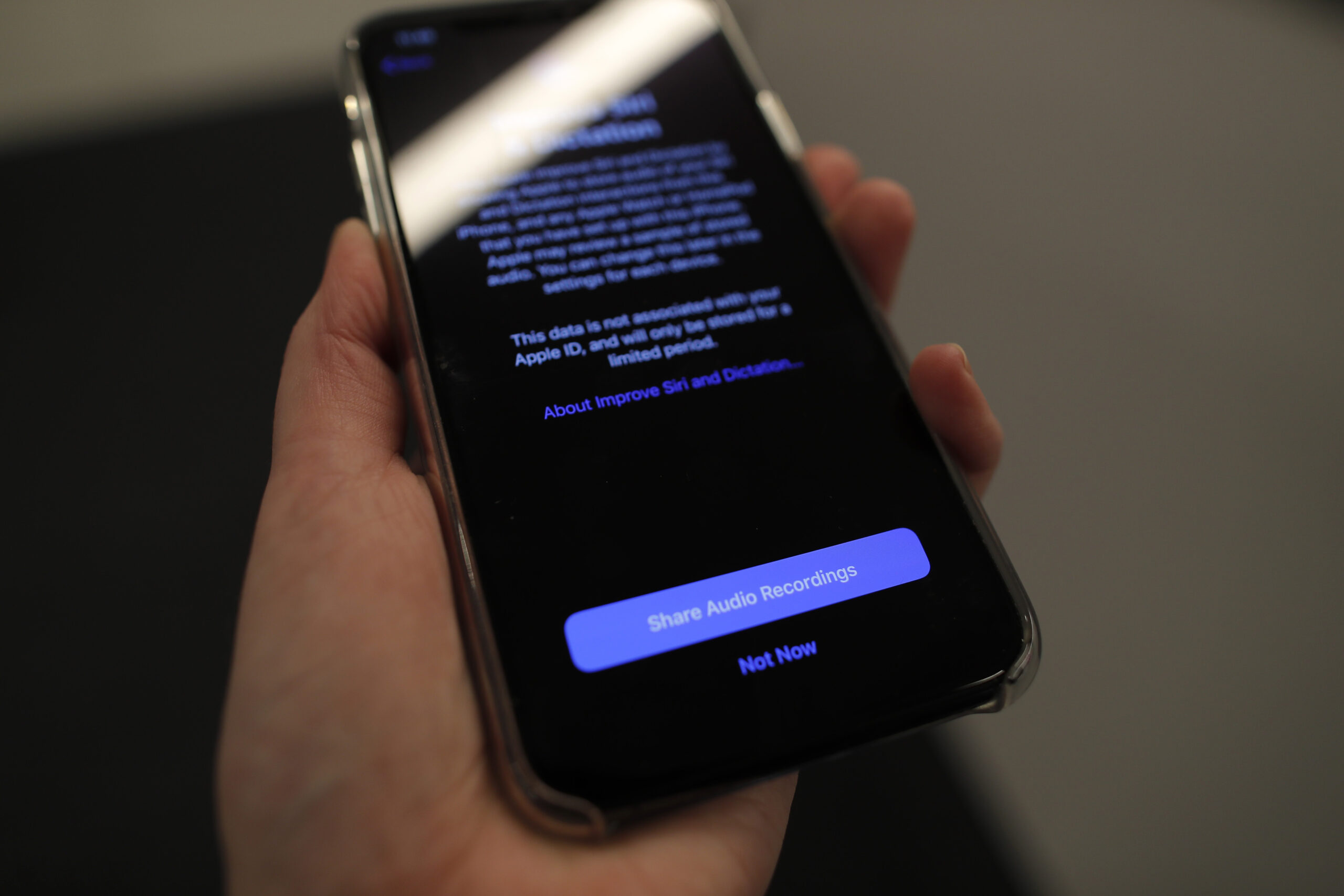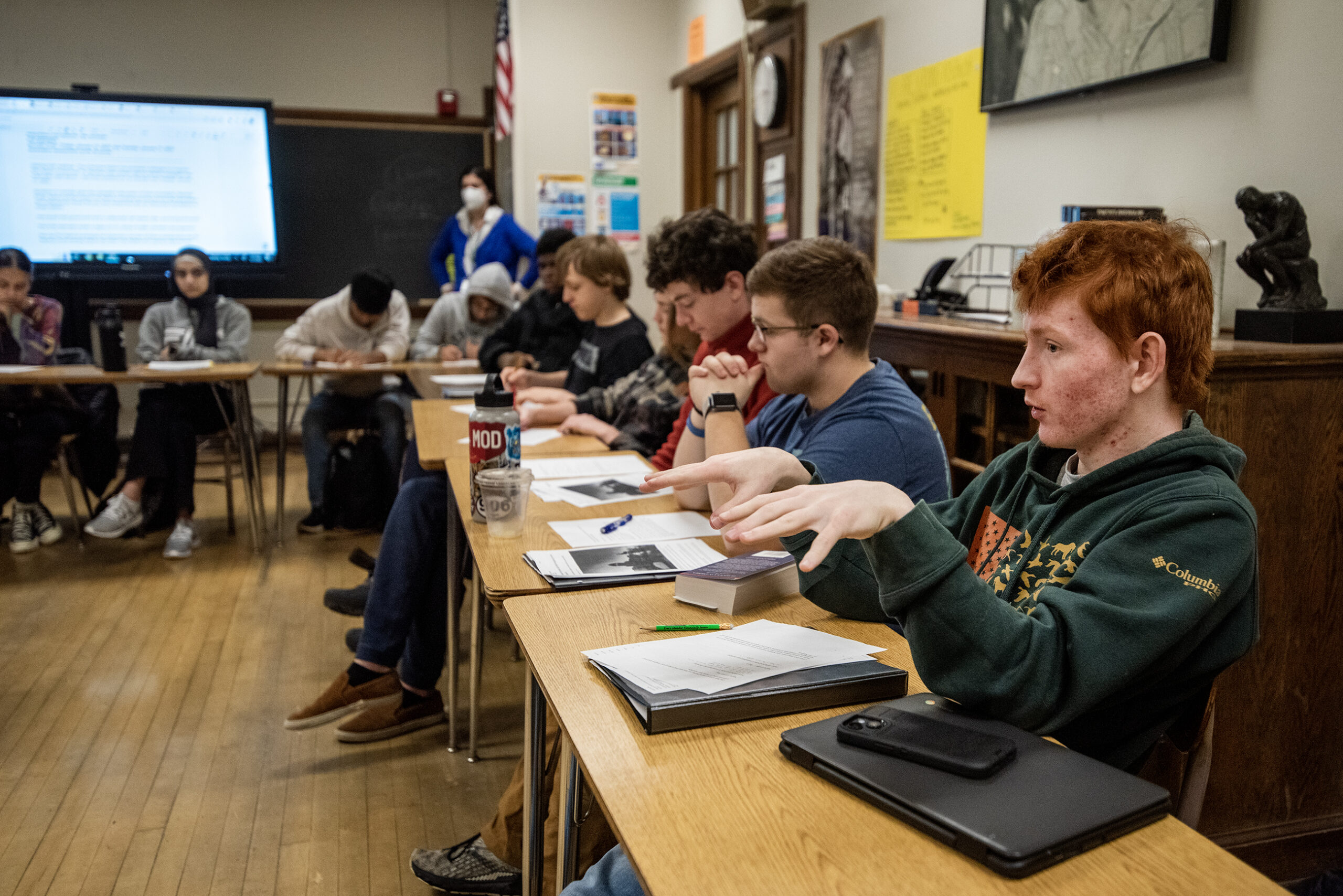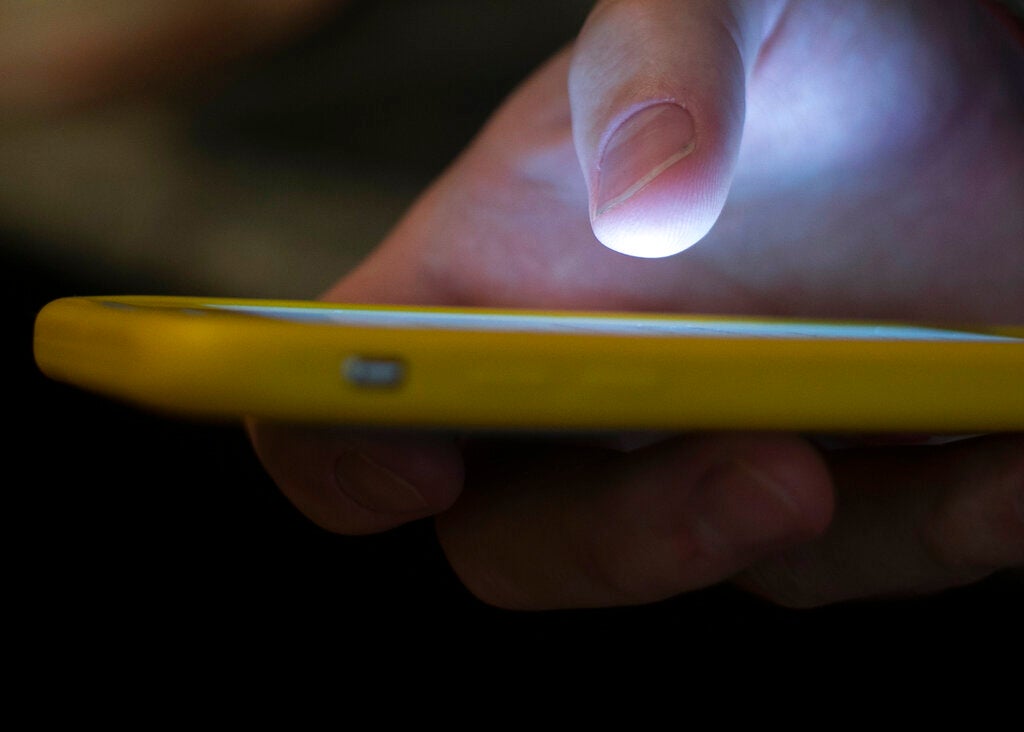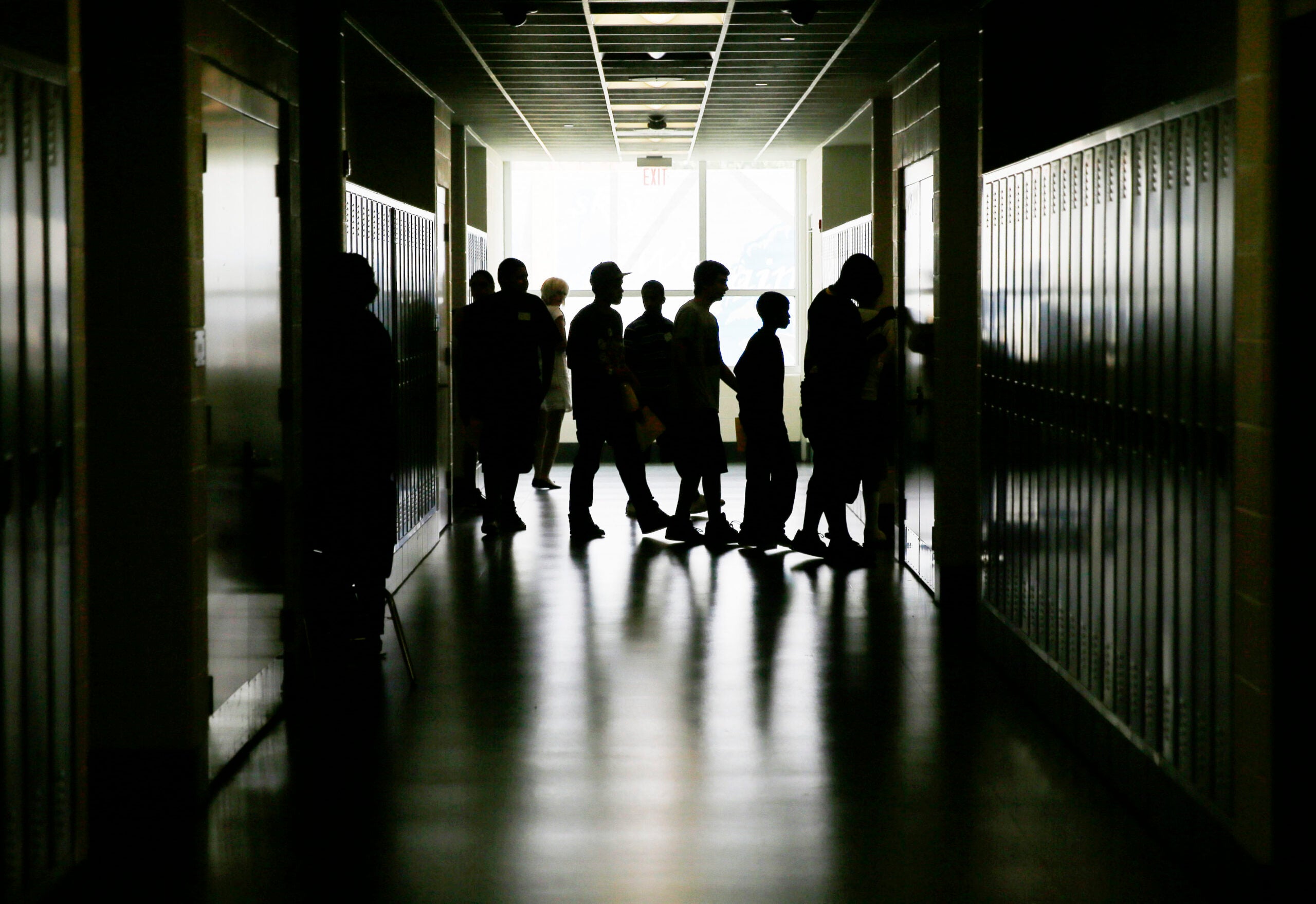The pandemic has been gauged by looking at infections and deaths from the disease in Wisconsin and other states. But the toll is far heavier, also measured in alcohol sales, suicides and drug overdoses.
On Tuesday, a U.S. Senate committee held a hearing on the nation’s mental health and substance use disorders where Wisconsin U.S. Sen. Tammy Baldwin talked about a national suicide hotline change she helped spearhead: establishing a three-digit hotline people can call, access through online chat or text.
“Converting from the existing 10-digit number to 988 will make it easier for Americans to get the help they need. I’m proud of the investments made in the American Rescue Plan to support this transition,” she said during the hearing of the U.S. Senate Committee on Health, Education, Labor and Pensions.
News with a little more humanity
WPR’s “Wisconsin Today” newsletter keeps you connected to the state you love without feeling overwhelmed. No paywall. No agenda. No corporate filter.
Early in the pandemic, Baldwin introduced the bipartisan National Suicide Hotline Designation Act which was signed into law by former President Donald Trump in October 2020. It will go into effect July 16.
Wisconsin has been preparing for the transition since last April, with a planning coalition advising on issues related to coordination across call centers, capacity and marketing.
During the hearing, Baldwin asked experts what else Congress should be doing to improve access to mental health care, prompting an ask for more training for the people working the crisis line.
“We know that the science advances so fast. There needs to be continued training and retraining to make sure we are using the very best practices to take care of people,” testified Jennifer Lockman with Centerstone’s Research Institute in Nashville.
More federal investment in programs to train future mental health professionals was urged by Dr. Mitch Prinstein, chief science officer for the American Psychological Association.
“We need more people trained in suicide prevention,” he told committee members.
The most recent data from the state Department of Health Services shows 861 people died by suicide in Wisconsin in 2020.
And as WPR reported in January, more teen girls are being treated in emergency rooms for suicide attempts than before the pandemic, according to an annual report from the Wisconsin Office of Children’s Mental Health.
If you or someone you know is considering suicide, call the suicide prevention lifeline at 1-800-273-8255 or text “Hopeline” to 741741.
Wisconsin Public Radio, © Copyright 2026, Board of Regents of the University of Wisconsin System and Wisconsin Educational Communications Board.





